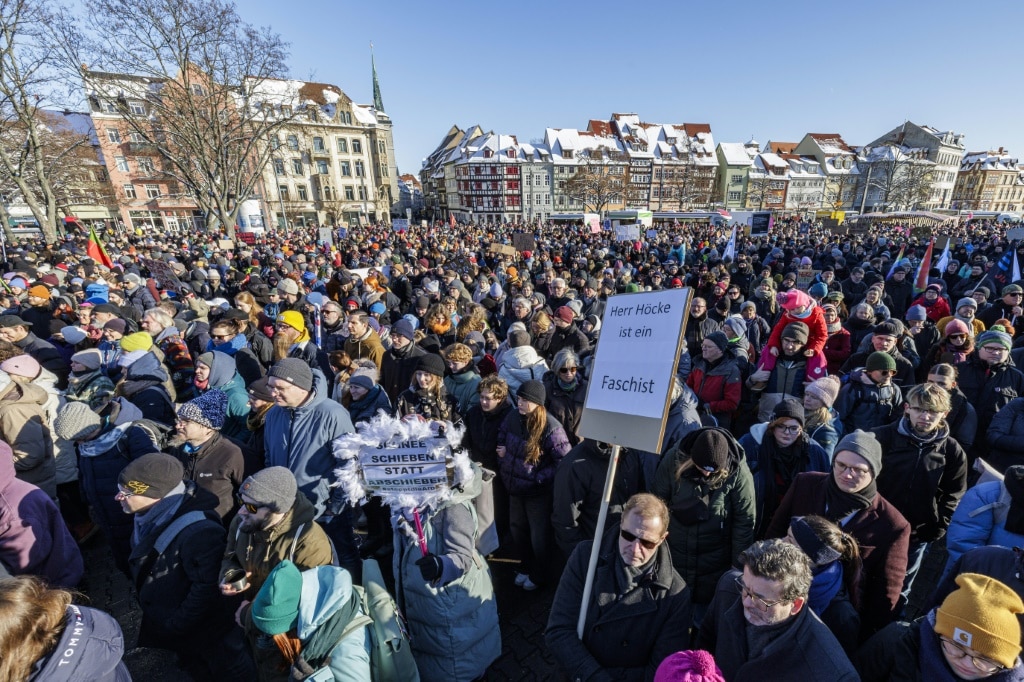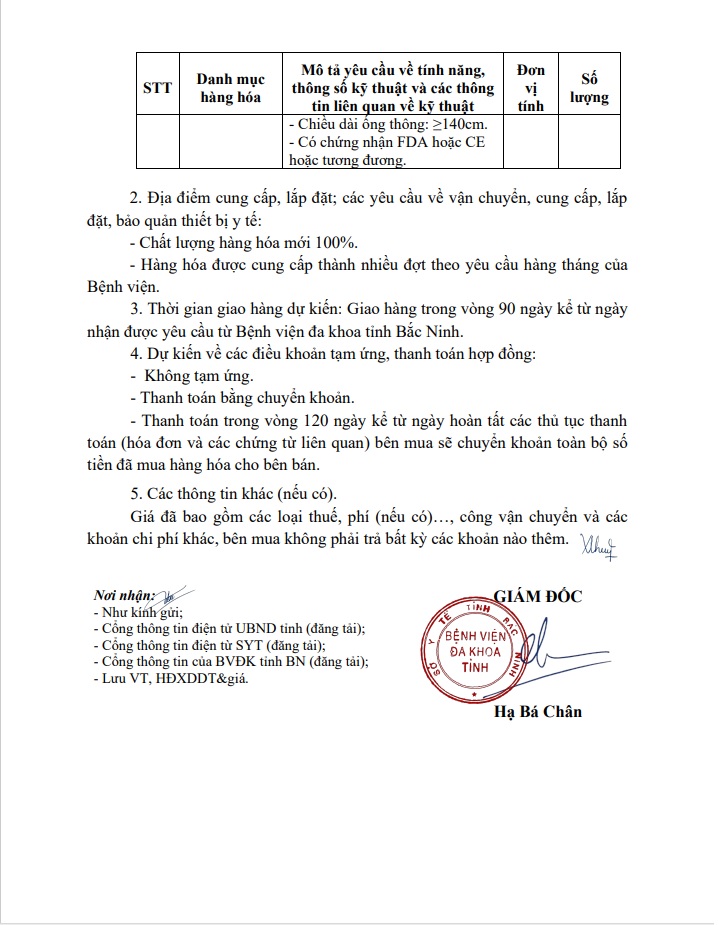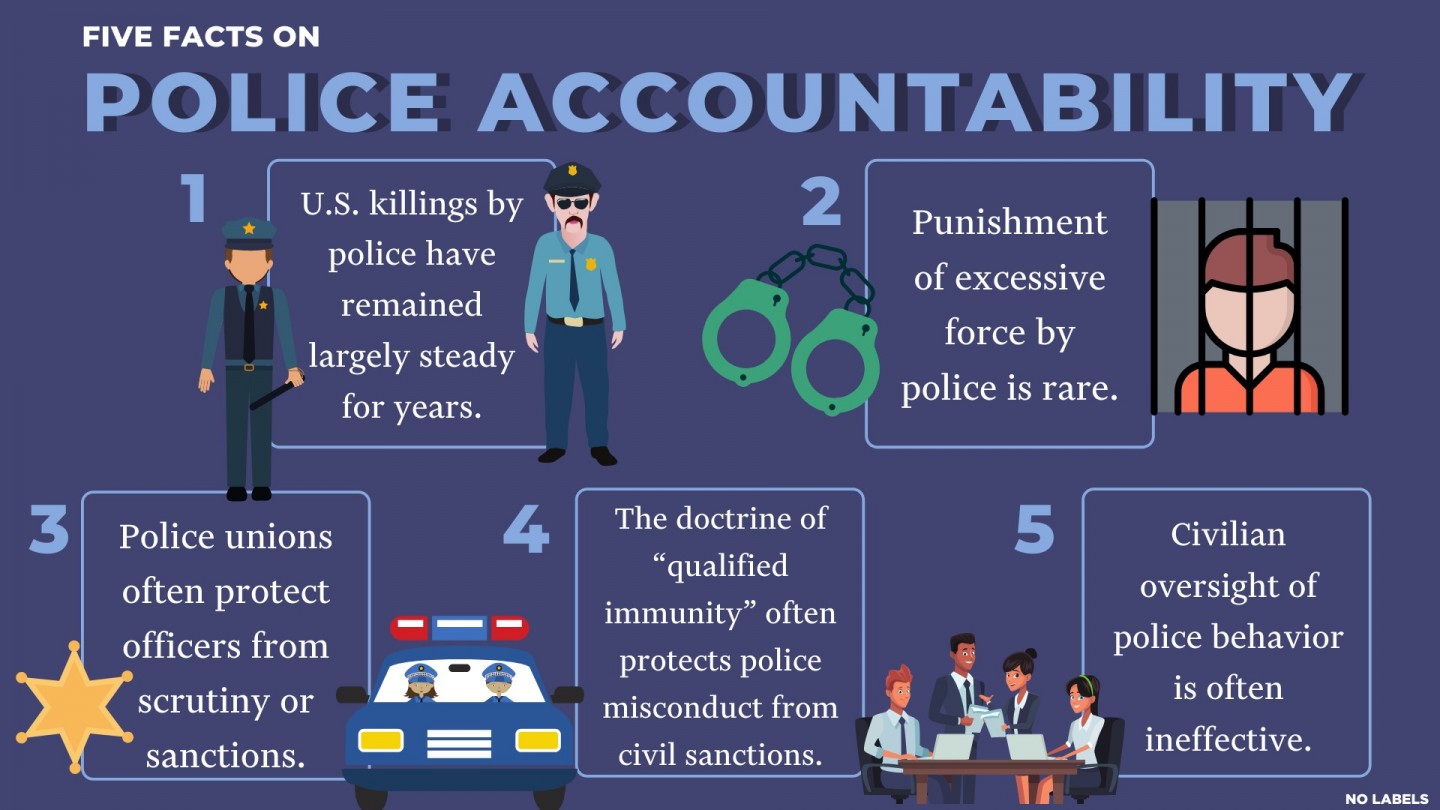Youth Protests Pressure SPD's German Coalition Efforts

Table of Contents
The Rise of Youth Activism in Germany and its Demands
Germany's youth are increasingly vocal, participating in widespread protests driven by a multitude of concerns. The German youth protests are not monolithic; they encompass a diverse range of movements, with climate activism Germany being particularly prominent. Fridays for Future, for example, has organized massive demonstrations across the country, demanding immediate and decisive action on climate change. Beyond environmental concerns, youth political engagement Germany also manifests in protests advocating for social justice movements Germany, including demands for greater economic equality, affordable housing, and improved educational opportunities.
- Specific examples of recent large-scale youth protests: Fridays for Future marches, demonstrations against social inequality in major cities like Berlin and Munich, and protests against rising tuition fees.
- Statistical data on youth participation in protests: While precise figures are difficult to obtain, anecdotal evidence and media reports suggest a substantial increase in youth participation in protests compared to previous years. Further research into official police reports and protest organizer data could provide more concrete numbers.
- Key policy demands expressed by protesters: These include ambitious climate targets aligned with the Paris Agreement, investment in renewable energy, stricter regulations on polluting industries, and policies promoting social and economic justice.
SPD's Response to Youth Protests and Coalition Challenges
The SPD, a key player in the German coalition government, finds itself in a challenging position. Its official stance generally supports many of the youth protests' demands, particularly on climate action. However, translating these broad commitments into concrete policies within the coalition framework proves difficult. The SPD climate policy and SPD youth policy are subject to negotiations and compromises with coalition partners who may hold differing views. This internal struggle within the SPD—balancing the demands of its youth wing with the requirements of coalition politics—is a major factor influencing the party's response.
- Specific policy proposals by the SPD related to youth demands: The SPD has proposed various measures, including increased investment in renewable energy infrastructure, phasing out coal-fired power plants, and expanding public transportation. However, the implementation speed and scale of these measures remain points of contention within the coalition.
- Examples of compromises made by the SPD due to protest pressure: While not explicitly stated as direct concessions to protesters, some policy shifts within the coalition’s environmental and social policies can be indirectly attributed to the pressure exerted by youth movements. Further research is required to pinpoint these specific instances.
- Challenges faced by the SPD in balancing coalition partners' interests with youth demands: The SPD must reconcile its commitment to addressing youth concerns with the needs and priorities of its coalition partners, potentially leading to watered-down policies or delayed implementation. This creates political risks, particularly in view of the next German elections.
The Media's Role in Amplifying Youth Voices and Shaping Public Opinion
The German media coverage of youth protests has been significant, playing a crucial role in shaping public opinion Germany. While some media outlets offer largely positive coverage, highlighting the urgency of youth concerns, others offer more critical or even negative portrayals, questioning the effectiveness or motivations of the protests. This variation in media framing directly influences media influence on politics.
- Examples of media portrayals of the protests (positive, negative, neutral): Some reports emphasize the passionate commitment and innovative tactics of young activists, while others focus on potential disruptions or unrealistic demands. A nuanced analysis of different media outlets' coverage would provide a more detailed overview.
- Analysis of public opinion polls related to youth protests and SPD policies: Public opinion polls can reveal how public perception of the protests and the SPD's response evolves over time, providing insights into the effectiveness of the protests and their impact on voter attitudes.
- Assessment of the media's role in shaping the political discourse surrounding youth activism: The media acts as a key intermediary, shaping the narrative and influencing the political debate around youth activism and the SPD’s response to it.
Long-Term Implications for German Politics and the SPD
The Youth Protests Pressure SPD's German Coalition Efforts will likely have long-lasting consequences. The ongoing protests are influencing German elections and shaping the political agenda. The SPD's ability to effectively address youth concerns will significantly impact its SPD electoral strategy and its political future Germany. This directly affects the German political landscape.
- Potential changes in voter behavior due to youth activism: Young voters are increasingly likely to prioritize climate action and social justice issues when making electoral choices, potentially impacting the SPD's future electoral performance.
- Possible shifts in political priorities due to protest pressure: The sustained pressure from youth protests could lead to broader societal shifts in political priorities, with environmental and social justice issues gaining more prominence on the national agenda.
- Long-term impact on the SPD’s political agenda and public image: The SPD's success in responding to youth demands will significantly affect its image among young voters and the broader public, potentially influencing its future political standing.
Conclusion: The Enduring Pressure of Youth Protests on the SPD
The impact of youth protests on the SPD's coalition efforts is undeniable. The youth movements have effectively placed climate action and social justice high on the political agenda, forcing the SPD and its coalition partners to confront difficult choices and compromises. The media's role in amplifying youth voices has further strengthened the influence of these protests. Understanding the dynamics between Youth Protests Pressure SPD's German Coalition Efforts is crucial for comprehending the evolution of German politics. To remain informed about this ongoing development, continue following reputable news sources and research organizations covering German politics and youth activism. The future of German politics will depend, in part, on how effectively the SPD navigates this ongoing pressure.

Featured Posts
-
 Remember Monday Turning Online Hate Into A Eurovision Power Ballad
May 01, 2025
Remember Monday Turning Online Hate Into A Eurovision Power Ballad
May 01, 2025 -
 Goi Thau Cap Nuoc Gia Dinh Thuoc Ve Tam Hop Sau Khi Vuot Qua 6 Doi Thu
May 01, 2025
Goi Thau Cap Nuoc Gia Dinh Thuoc Ve Tam Hop Sau Khi Vuot Qua 6 Doi Thu
May 01, 2025 -
 Une Star De Nba Fragilise Sa Carriere Et Sa Famille Par Ses Celebrations Avec Arme A Feu
May 01, 2025
Une Star De Nba Fragilise Sa Carriere Et Sa Famille Par Ses Celebrations Avec Arme A Feu
May 01, 2025 -
 Lack Of Police Accountability Campaigners Voice Deep Concerns
May 01, 2025
Lack Of Police Accountability Campaigners Voice Deep Concerns
May 01, 2025 -
 133 129 Ot Thriller Cavaliers Extend Winning Streak To 10 Games
May 01, 2025
133 129 Ot Thriller Cavaliers Extend Winning Streak To 10 Games
May 01, 2025
